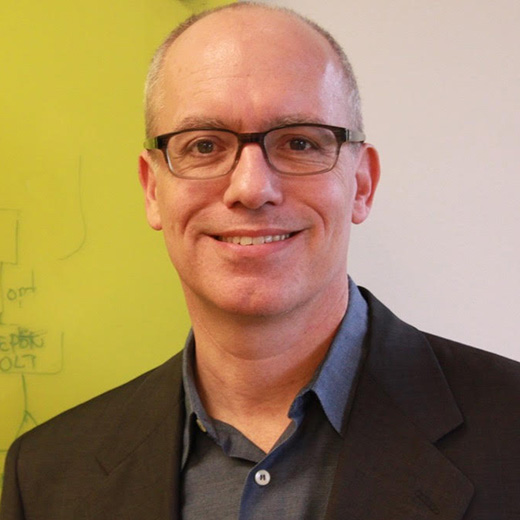Doug Marschke’s thoughts on why certification is important, and how you can get SDN certified.
I have been around technical certifications all my life in some way, either by taking exams, or contributing content for them. When I look back at my personal journey and the reasons I became certified, a few pop into my mind.
First is validation of my skills, for myself and also for others. I often joke about how arrogant network engineers can be sometimes, almost like professional athletes! Sure, we aren’t doing end zone dances, backflips when we score a goal, or poses after a dunk, but we too often are trying to show that our skills are better than others in IRC chats, message boards, and groups. How often have you seen somebody who is learning networking ask a question on a group board or chat, and get demeaned for asking the question? Obviously they don’t know the answer; that is why they are asking the question in the first place! However, a “respected” engineer can ask a similar question and get a much different and perhaps helpful response.
So back to the validation piece – I didn’t want to be the person who got demeaned, but instead the person who could ask a question and still be respected. I had to gain confidence in myself first, so I set a goal in 2000 to get the top certification in my field. When I achieved this, it was great personal validation that I could accomplish a tough goal, and a goal that required a core set of technical skills. Did it mean that I knew more than somebody else who was not certified? Certainly not. However, it proved that I had a certain set of skills and I had the work ethic to obtain them. People noticed, and I slowly started to become a “respected” engineer.
Of course, it is always about the money. Achieving a certification oftentimes takes an investment, in both time and money, and everyone wants to be rewarded for that. So most certifications will carry a higher earning level. It also helped me choose which company I wanted to work for. (I made a personal decision to not work for companies that didn’t value the work I put in to get certified.)
As my career advanced and my skillset changed, I always kept my certifications active. However, as we all know, the skills required for network engineers have changed with the advent of SDN technology and protocols. I have been working in the SDN space for several years and felt lost because there was no way for me to personally challenge and validate my skills. I was ecstatic when ONF came out with its certification program announcement! I quickly got on board to help drive this program in exam development and preparation; I want to help others who share a similar certification desire in their personal journey and career advancement.
An event that can help in that journey is the upcoming Big Communications Event run by Light Reading. We were given the opportunity to host a workshop there to enable those interested to prepare for the ONF Certified SDN Associate (OCSA) exam and get proctored for it right after the class. We encourage you to register for this event early as space is limited: http://www.bigcommunicationsevent.com/d/yfqk5m/26K?RefID=VIPSDNESSENTIALS. It is no secret that networking has changed quite a bit over the last few years. Demand for an SDN skilled workforce is at an all-time high and in order for networking professionals to stay competitive, certifying their skills is a must.
Have a personal certification journey you want to share or need some guidance? Post in the comments, or drop me a line anytime at doug@sdnessentials.com.
- Doug Marschke, SDN Essentials CTO


